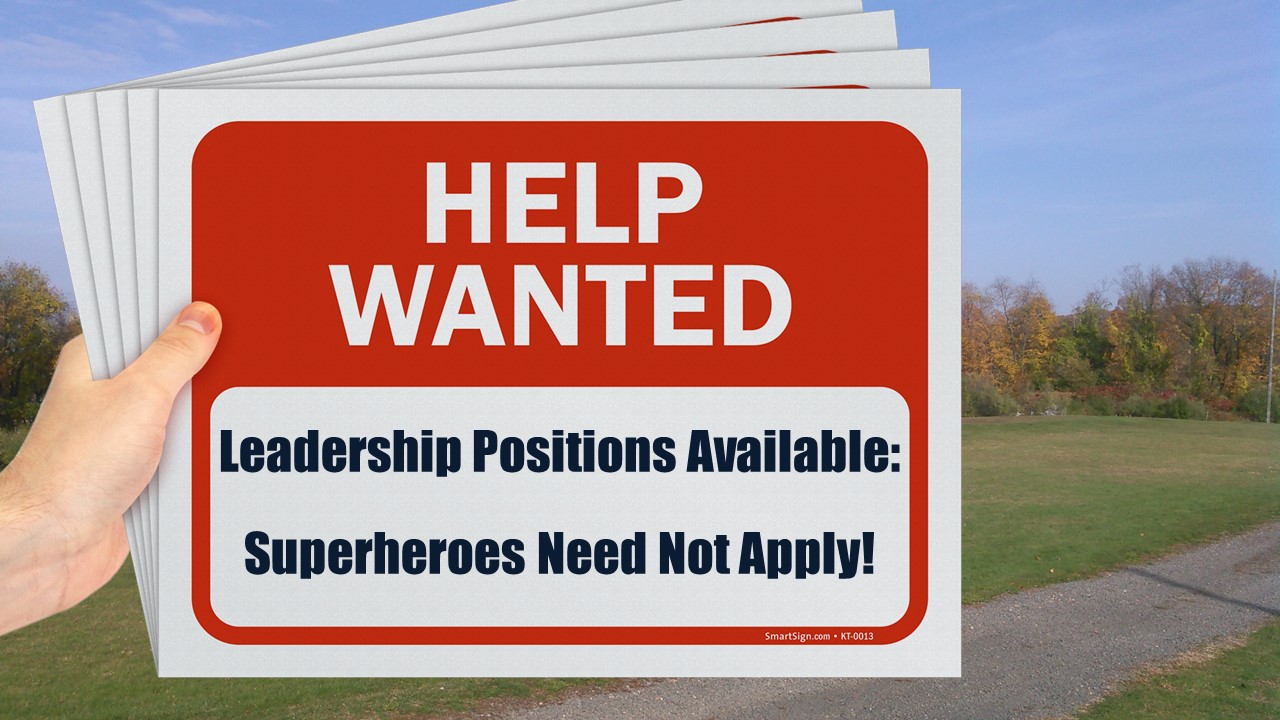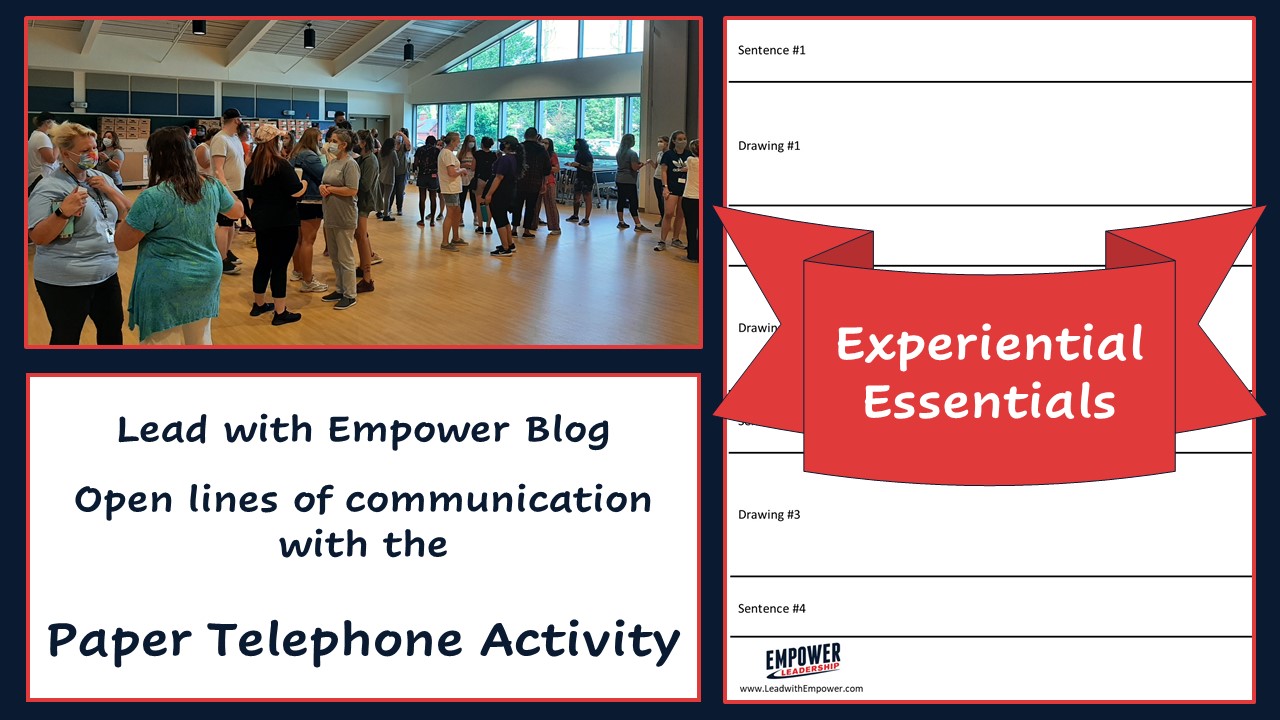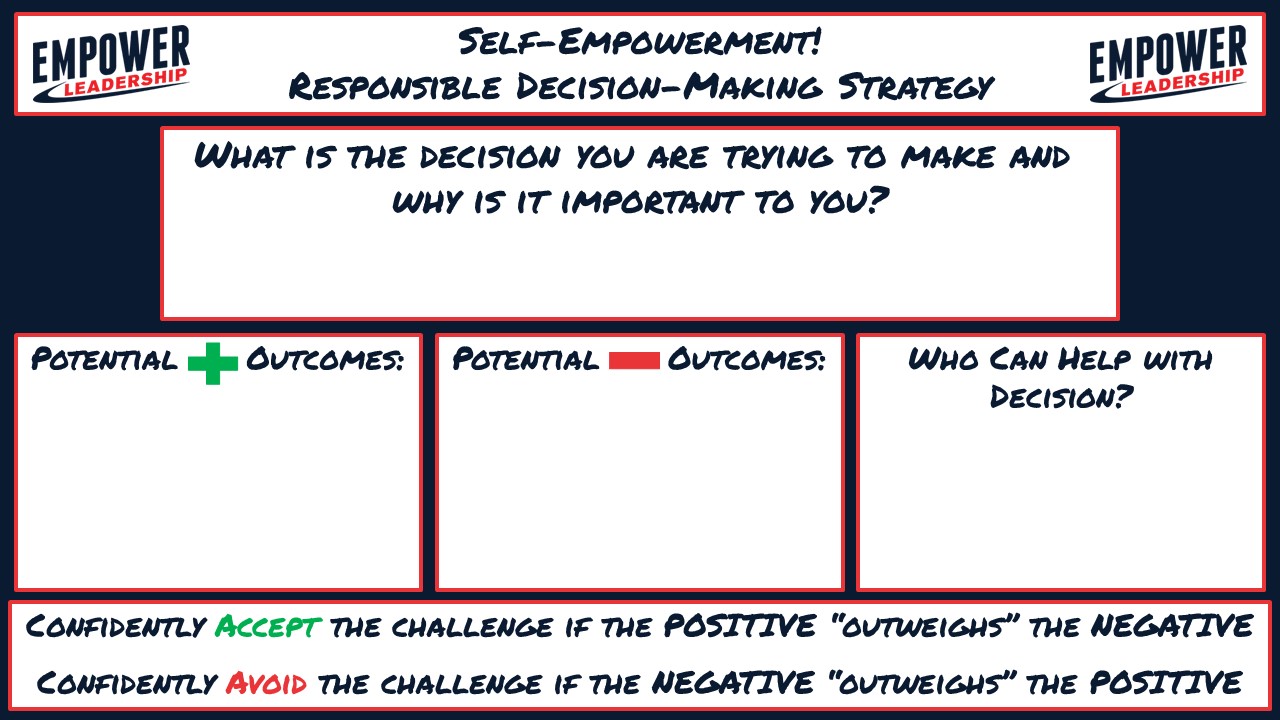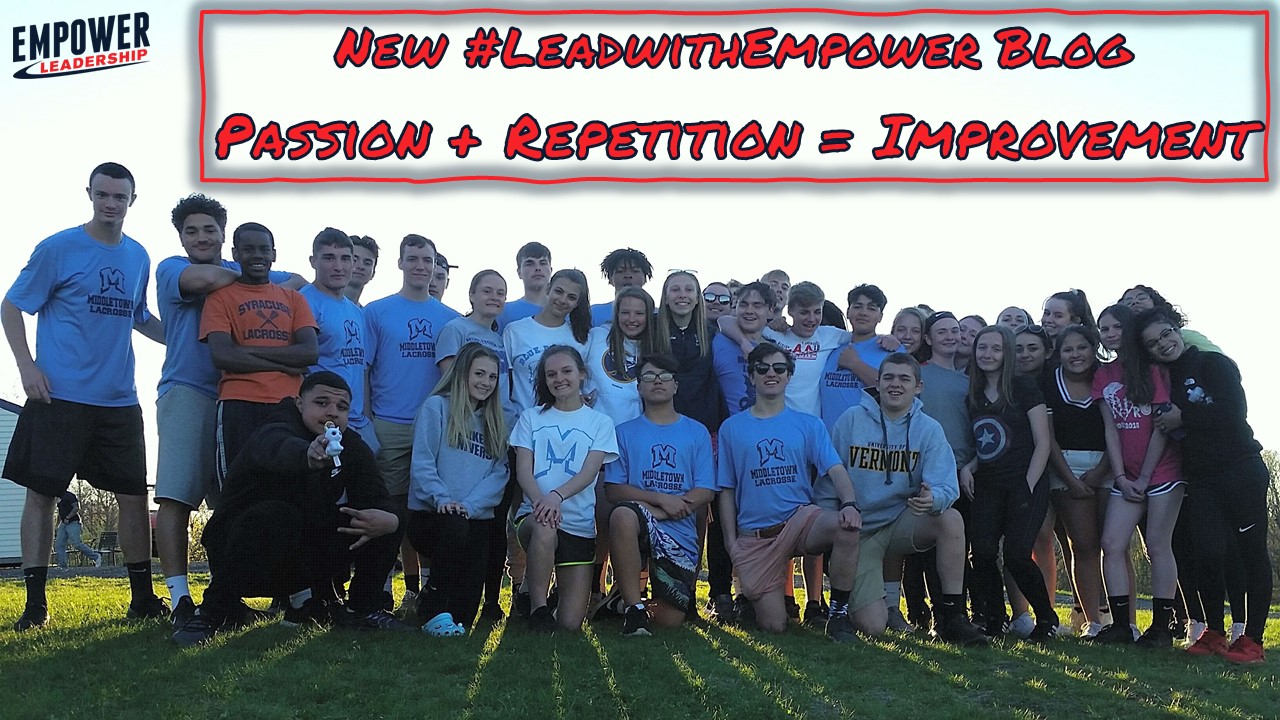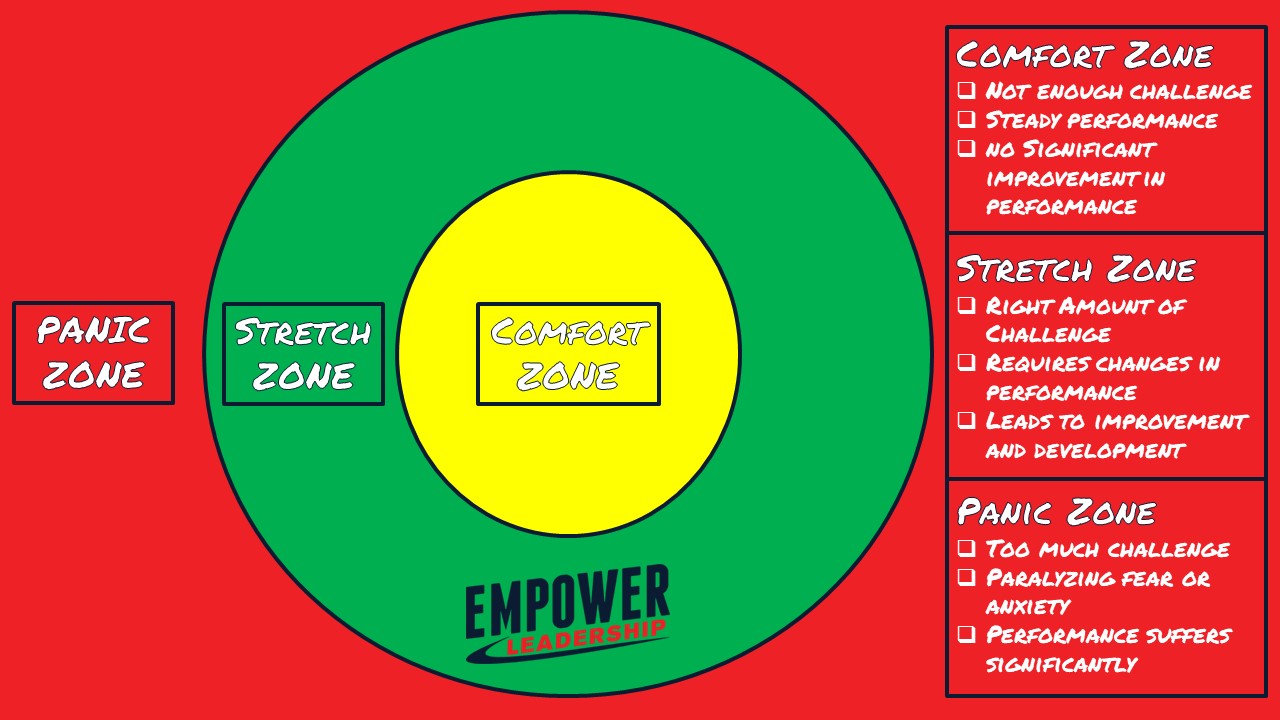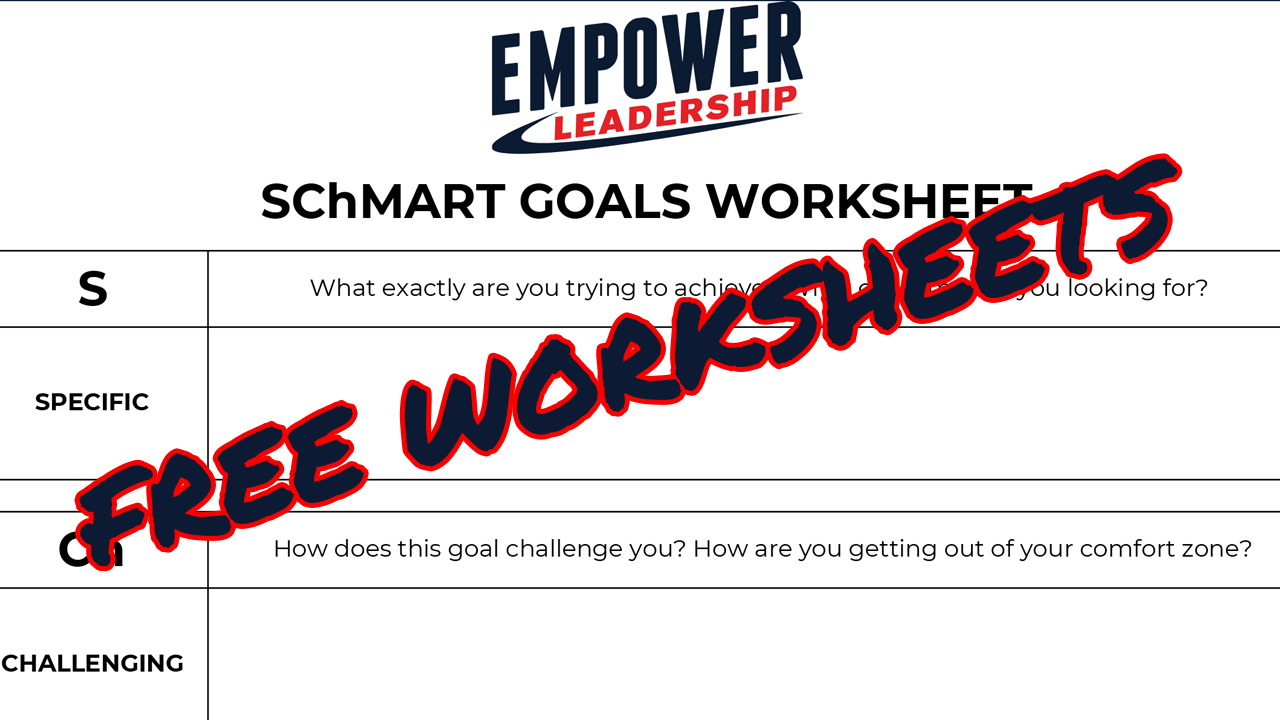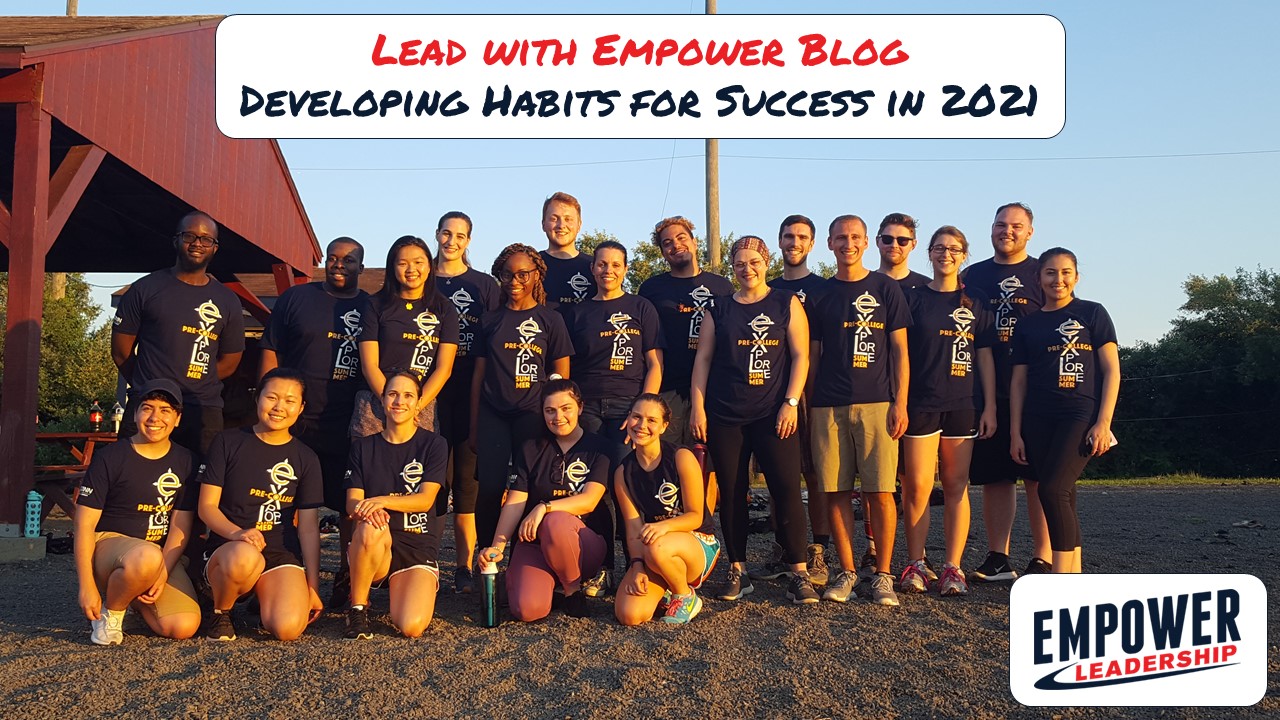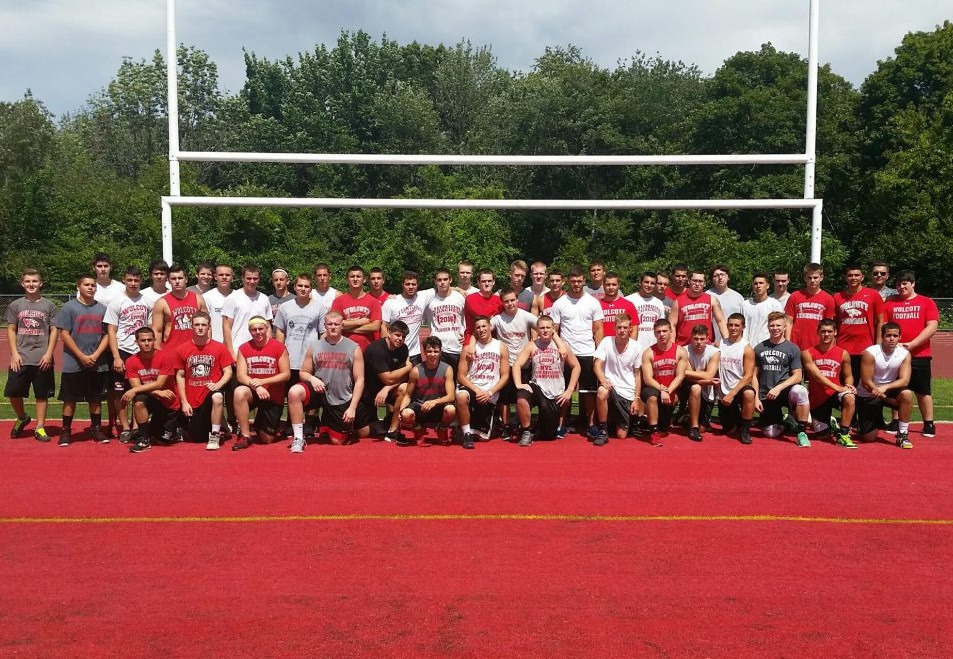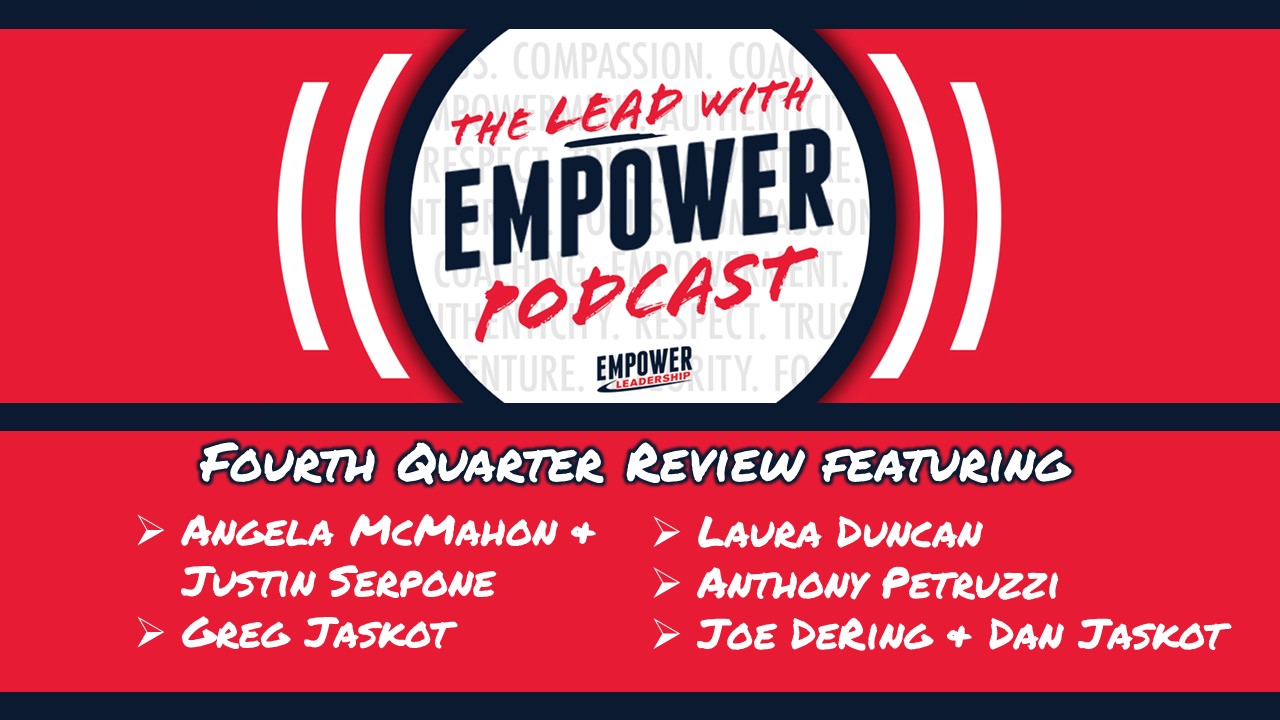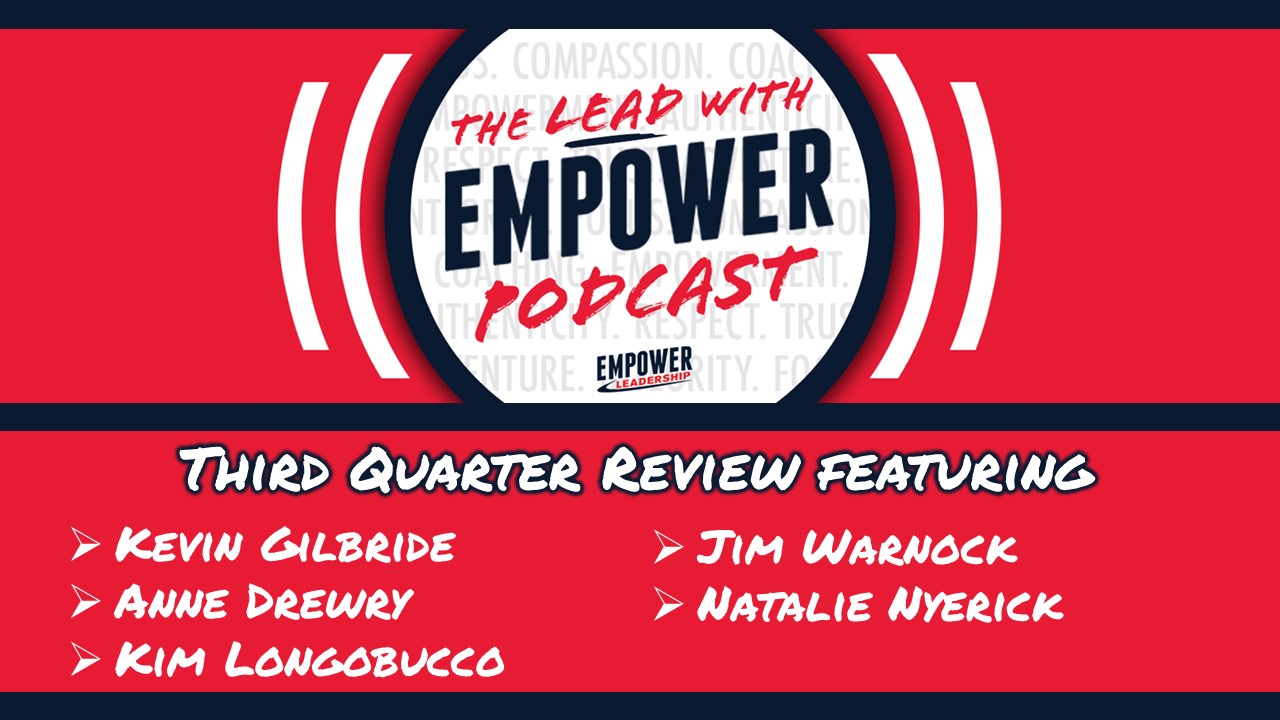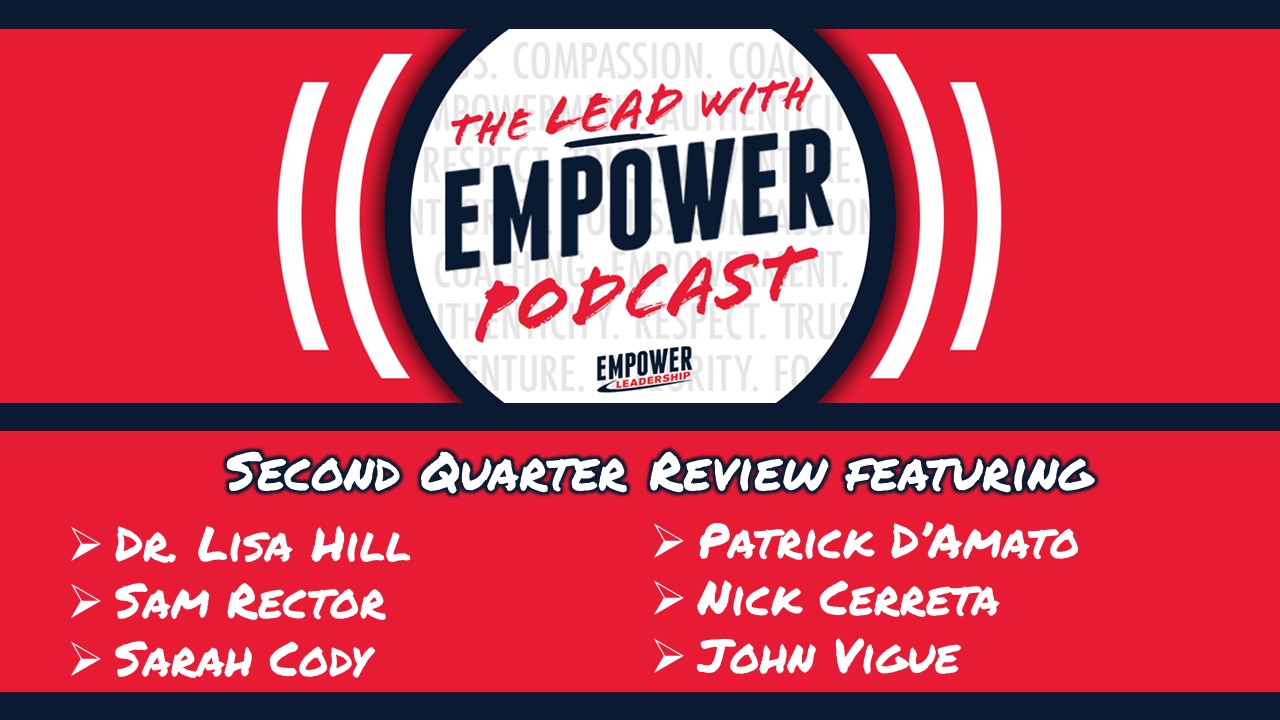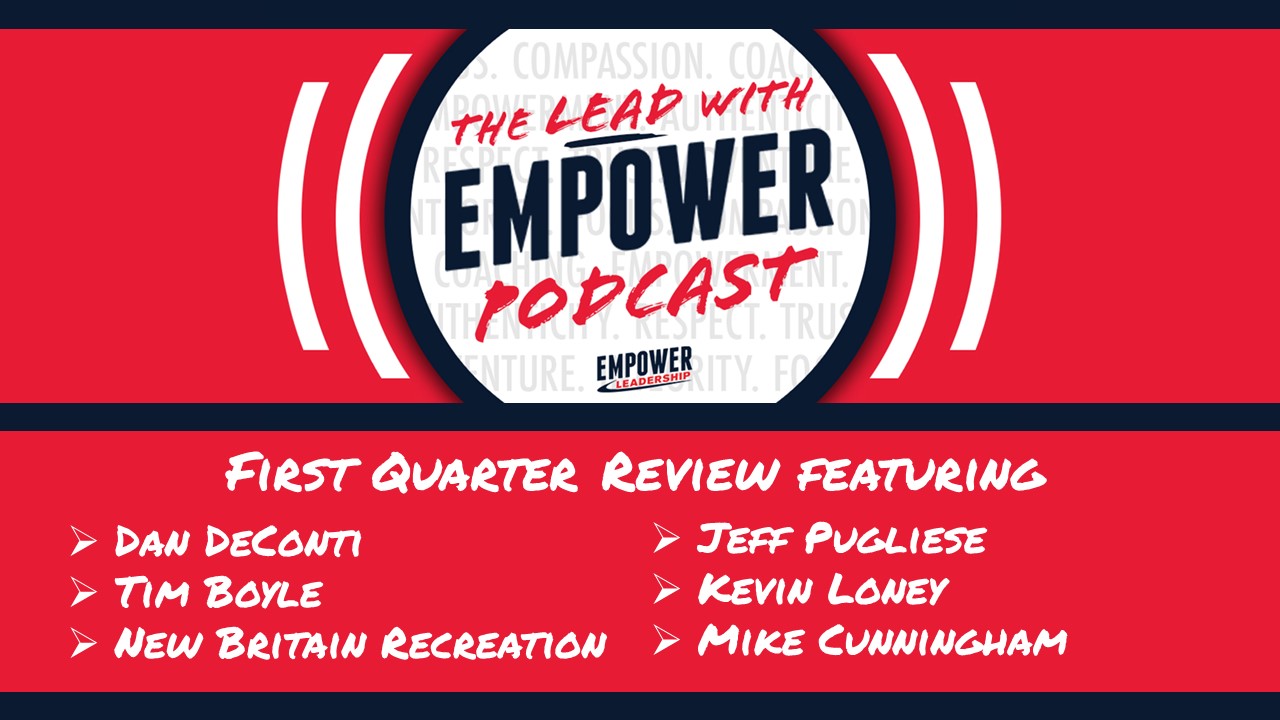High Expectations in the Workplace
High expectations in the workplace are part of the professional development and growth process. When approached with strong leadership and the appropriate intentions, high expectations can mean ultimate success and professional/personal growth at the same time. Let’s be clear – being up against these expectations is not a bad thing. They provide opportunities for growth, regardless of the situation in which they are presented and executed.
When approached with poor leadership, high expectations can lead to unnecessarily stressful situations and lackluster performance due to performance anxiety. How a team views their leader and how their leader chooses to convey those expectations, as well as manage them with their team, can have a huge impact on the potential successful outcome. There are countless books, videos, blogs, and influencers that can tell you all about what makes a leader “good” or “bad.” Most people have experienced both ends of the spectrum of leadership quality at some point in their life.
Good leaders will help guide you on the path to success, provide you the resources needed to meet the challenge, and coach you along the way. They’ll take time to have check-ins and create opportunities for checking your progress, regardless of what the expectations are. Strong leaders will help their team celebrate the little wins along the way, but still encourage you to overcome obstacles and adversity in the process. Poor leaders will give you little to no guidance, set unattainable goals or timelines, and create an environment that fosters stress instead of hustle. Whether you’re dealing with a good leader or a poor one, you can choose how to handle the pressure.
When facing challenges, whether you’re up against a tight deadline or working on meeting lofty goals in your personal life, it’s up to you to practice leadership of self. Communication and honesty are key parts of the road to succeeding. It doesn’t matter if ahead of schedule, you’re on track, or lagging behind – let your manager know where you’re at. Particularly if you’re falling behind, be sure to be honest with the leader about it. Hiding any obstacles you’re facing or if you’re running behind schedule will only create breakdowns in communication, and in turn, can cause you to not meet the expectations. If you’re working on something in your personal life, being honest with yourself about your progress and holding yourself accountable to working towards that goal.
As a manager, clearly communicate your expectations. Outline, in as much detail as possible without giving all the answers, what you’re looking for. Covering everything to deadlines or timeline, to overall performance requirements, giving as much information as you can up front will help your team manage their time. If you see a team member struggling or looking for guidance, do what you can to help them find the answers on their own accord. If you create an environment where they do their best to solve problems on their own without you having to point them directly to the answer, it will give them some of the tools they need to succeed.
When it comes down to it, high expectations are never a bad thing when approached with the right mindset. Yes, they can be stressful, but they teach you to work under pressure in a productive way when you’re able to overcome the challenges and adversity. If high expectations give you stress, take a step back and identify what causes that feeling. Everyone is perfectly capable of overcoming adversity and stepping up to the plate. You just have to DO IT.




